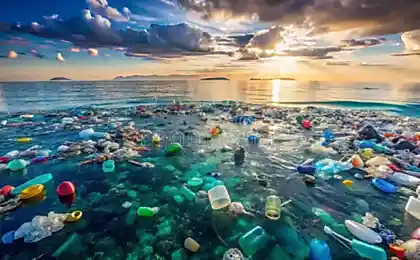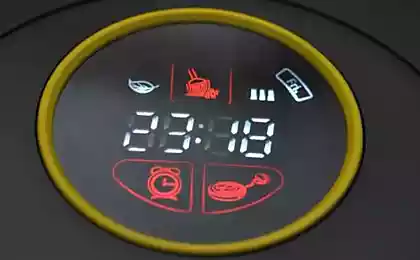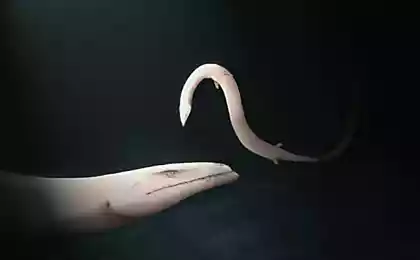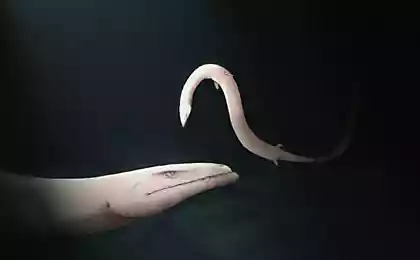585
The study of ocean pollution —disappointing conclusion
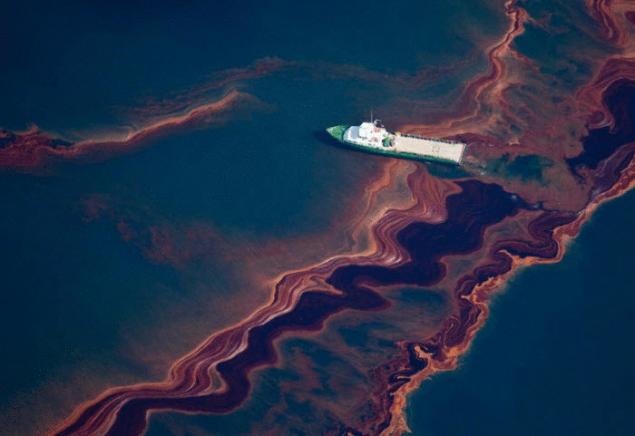
A new study by the international group on the distribution of wastes on the ocean floor shows that the degree of pollution in the Atlantic is much stronger than previously thought.
A group of scientists from the University of the Azores, presented the findings of their research on the degree of contamination and distribution of waste on the seabed. Group leader Christopher Pham and his colleagues used data from the trawl catches of 32 different locations of the Mediterranean sea and the Atlantic ocean, almost 600 images and video. All submissions indicated a significant degree of contamination. The debris was everywhere: from the coastal shallow waters to the deep-sea (4500 m) trenches. A substantial degree of contamination was observed even at 2000 km from the coast.
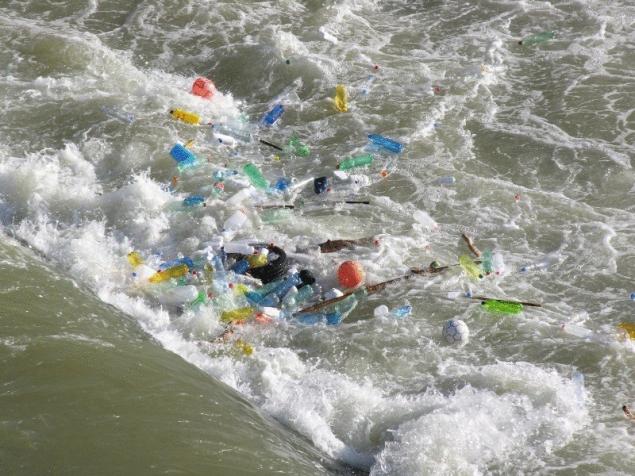
The greatest density of waste, scientists have discovered near the coast of Portugal. Plastic bags and bottles make up 41% of the total weight of garbage. On fishing nets and various textiles accounts for about one third of ocean debris. In addition, Pham and his team found a lot of glass, wood, paper, metal, ceramics and many unidentified items. As one of the participants, Melanie Bergman: "We were surprised how far the debris has spread into the sea."
Pham said: "a Large amount of waste that reaches the seabed is a serious global problem. Our results show the magnitude of the problem and the need for urgent measures to avoid further accumulation of debris in the sea." According to a UN report, in the sea emitted about 6.4 million tons of waste.
Source: nauka24news.ru/



